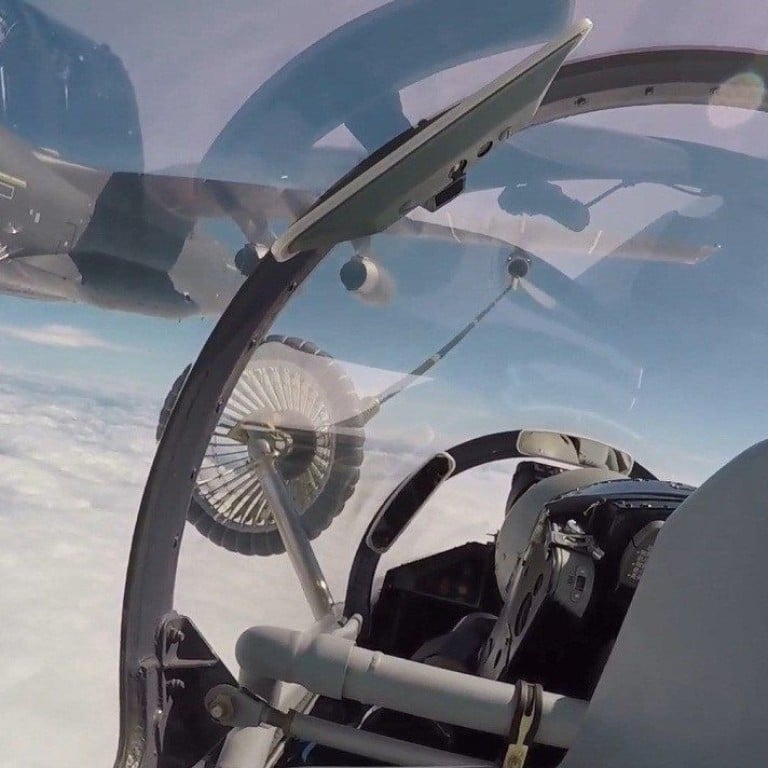
China’s military operations around Taiwan after Pelosi visit show intent to change status quo: US
- ‘Beijing’s provocative actions are a significant escalation in its long-standing attempt to change the status quo’, says senior American official
- Previously planned Minuteman III missile test in California pushed back to avoid escalating tension, John Kirby adds
“Beijing’s provocative actions are a significant escalation in its long-standing attempt to change the status quo,” National Security Council Coordinator for Strategic Communications John Kirby said at a White House press briefing on Thursday.
“We’re not going to accept a new status quo,” Kirby added. “It’s not just the United States, but the world will reject it as well.”
“The president believed that it was a prudent thing to do, to leave her and her escort ships there just a little bit longer,” Kirby said.
The US is mindful that the proliferation of military activity in the region “could lead to something getting a lot more dangerous than it is right now”, he added.
“The more hardware you have in close proximity like that, with tensions as high as they are, the higher risk you get of miscalculations and mistakes.”
Kirby also confirmed a Wall Street Journal report earlier on Thursday that the increased tensions had led the US to delay a routine missile test scheduled this week at Vandenberg Air Force Base in California.
“We do not believe it is in our interest, Taiwan’s or the region’s interest to allow tensions to escalate further,” Kirby said, adding that the long-planned Minuteman III ICBM test would take place in the near future.
China scraps meeting with Japanese foreign minister after G7 statement
Analysts say they expect the blame game as well as the bolder moves by Beijing’s military to intensify.
“The United States is trying to put the burden of escalating tensions back on China,” said Oriana Skylar Mastro, a Stanford fellow whose research focuses on Chinese military and security policy.
Even before Pelosi’s arrival, Beijing claimed the US was responsible for the heightened tensions. The Chinese government has rejected arguments that Pelosi is no different than other American lawmakers who have visited Taiwan as recently as May.
Beijing has pointed out repeatedly that Pelosi’s position places her second in line to the US presidency and that she is the most senior American politician to visit Taiwan since former House Speaker Newt Gingrich did so in 1997.
Pelosi, Taiwan and the perils of Chinese nationalism
The Chinese government’s “narrative is now that whatever they do, including the current military exercises, it’s all justified because of Speaker’s Pelosi visit”, said Mastro, who is also a non-resident senior fellow at the Washington-based American Enterprise Institute.
“The US is now trying to take control of the situation to say that even if China is unhappy with the speaker’s visit, the PLA’s military activities are not justified and threaten the security of our allies and partners,” she added.
Meanwhile, M Taylor Fravel, who directs the Security Studies Programme at MIT, said the escalation represented a “new normal” for Taiwan, characterised by more exercises and “more efforts to close off the waters” around the island, even if temporarily.
“Case in point will be the median line,” Fravel said. “Looking ahead, I would expect the PLA to disregard it completely.”
Additional reporting by Robert Delaney

